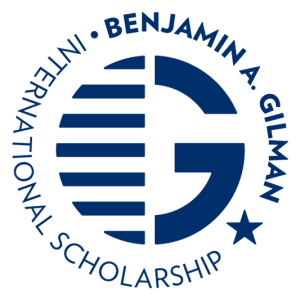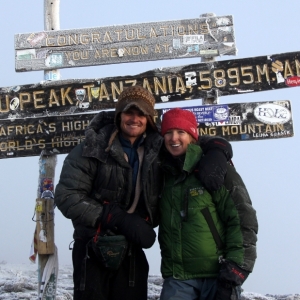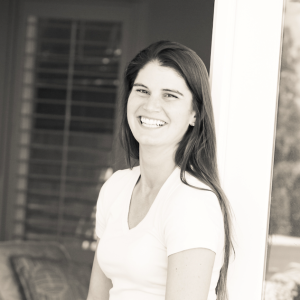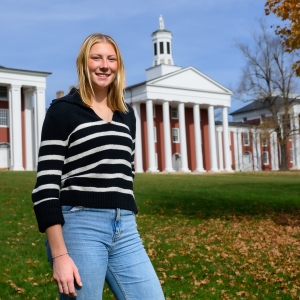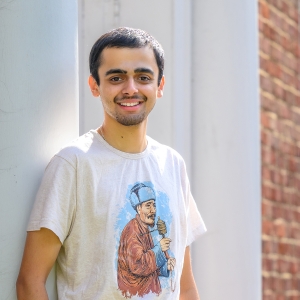
Mathematics Department

The Mathematics Department seeks to teach, challenge, and inspire all Washington and Lee students and the broader community, with the beauty and power of mathematics.
As professors, we want our students to experience mathematics as a creative endeavor as well as a useful tool in modeling and exploring physical and social processes. Our students learn
- to move beyond numbers and formulas to the underlying ideas they express,
- to identify, describe, and understand patterns,
- to question assumptions,
- to dissect complex problems,
- to develop perseverance,
- to recognize, admit, and correct mistakes.
As mathematicians, we contribute to the understanding of mathematics through our own discoveries, through cooperation with other mathematicians, and through outreach to the communities around us.
Mathematics at Washington and Lee
We offer both a major and a minor in mathematics, and we encourage students with a wide range of interests to explore our courses. Mathematics naturally pairs with many other fields; many mathematics majors also study finance, economics, computer science, biochemistry, or other sciences.
The study of mathematics has provided many opportunities for recent majors. They have pursued careers as analysts with consulting firms, as actuaries, as financial analysts in the banking and finance arenas, as teachers, and as software developers. Other majors have pursued advanced degrees in mathematics, statistics, computer science, economics, engineering, law, and medicine.
During their four years at W&L, mathematics majors gain a mastery of fundamental areas of mathematics such as single and multi-variable calculus, linear algebra, modern abstract algebra, real and complex analysis, ordinary and partial differential equations, geometry, topology, mathematical statistics, discrete mathematics, graph theory, and other topics.
Opportunities for Students
Collaborative research with faculty: Every year, we have a number of students conducting research with mathematics faculty at W&L during the academic year or during the summer. Students may earn 1-3 credits for this work, and the Summer Research Scholars program provides funding for summer research. Some research students give talks at regional mathematics conferences or publish articles in mathematics journals. Some mathematics majors extend their research project and write an honors thesis in mathematics.
Study abroad: Mathematics majors have completed some mathematics coursework while studying abroad at the London School of Economics, St. Andrews, and Oxford University. In addition, there are study abroad programs in mathematics in Budapest and Moscow.
What You Can Do With a Math Major?
Just like most history majors don’t become historians, most math majors don’t become professional mathematicians. So what can they do?
- Who uses math? See WeUseMath.org.
- According to Indeed, here are 18 of the highest paying jobs using mathematics that you can pursue.
- The Mathematical Association of America (MAA) has an excellent Career Center.
- Be an actuary with BeAnActuary.org.
- The U.S. Bureau of Labor Statistics gives the median pay for Actuaries, Data Scientists, Mathematicians and Statisticians and Operations Research Analysts
- Forbes and Glassdoor both lists the top 20 highest paying college majors and just about all of the top 17 are STEM (including Statistics and Mathematics).
- Read more on our Outcomes page.

